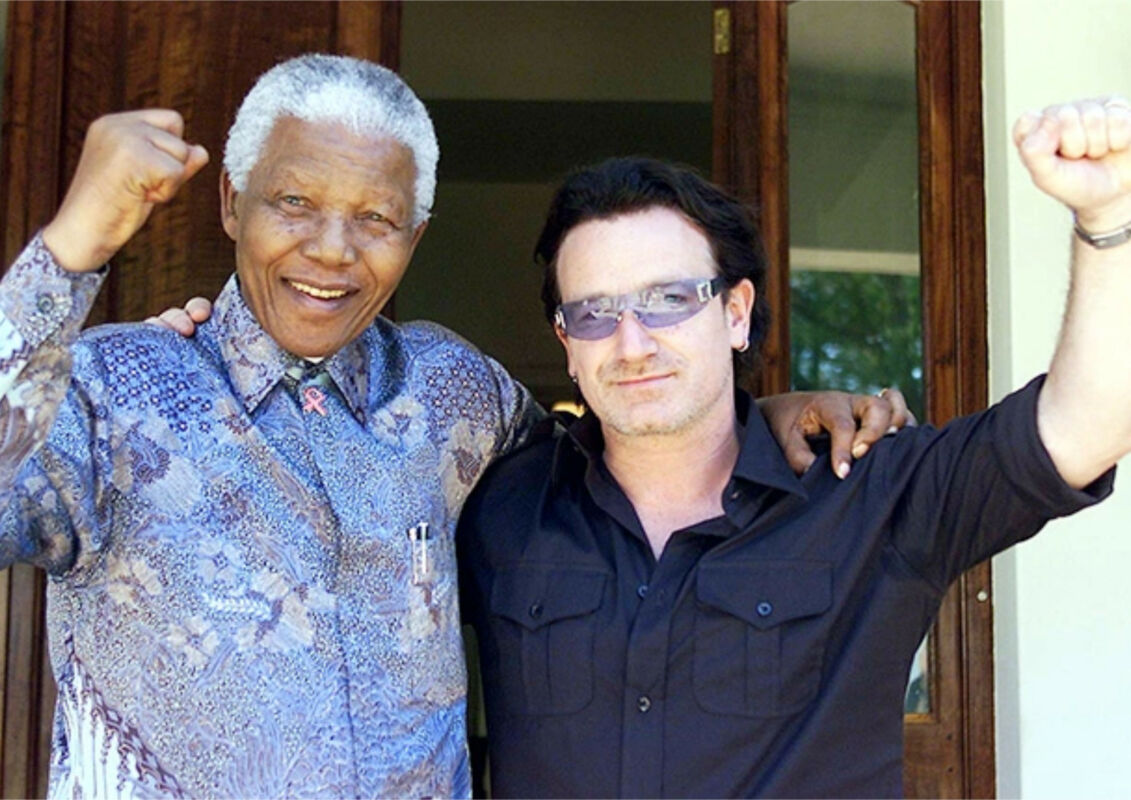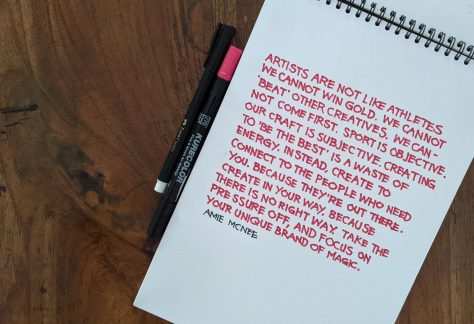
Boushra Almutawakel, the first-ever recognized female photographer in Yemen, makes us reflect on the living conditions of women in contexts where religious fanaticism prevails. Her work highlights the strength and courage of Middle Eastern women.
Boushra Almutawakel, the first-ever recognised female photographer of Yemen, remains distinct not only for being the first but also for daring to voice the cultural and religious controversies prevailing in her country through her talent.
When Boushra sees that her work conjures up strong feelings and provokes engagement, discussion, and debate, she feels she has succeeded.
Born in Sana’a, Yemen, in 1969, Boushra Y. Almutawakel studied in the USA and Yemen. It was during her time as a student that she became interested in photography.

On her return to Yemen in 1994, she continued developing her photographic work, doing freelance photography, and participating in many group exhibitions. In 1998, Boushra became a full-time photographer, and some of her clients have included the United Nations, CARE International, and the Royal Netherlands Embassy. Her work has been acquired by the British Museum in London, The Museum of Fine Arts of Boston, and the Barjeel Foundation, as well as by other well-known collectors.
The photographer has been working for many years. However, recent developments in the world, especially in Afghanistan, make each of her projects surprisingly timely.
Her photographs question the place of gender in a more subtle, often playful, way by challenging people’s expectations. The artist frequently discusses women’s rights and makes comments about how men control their reality.
In “What If”, she challenges the norms of society by picturing men in a veil instead of women. This idea was immensely popular with women but attracted great criticism from men.
Finding the veiling of Muslim women to be a controversial issue and also considering the diverse opinions it attracted, Boushra wanted to project the various facets of hijab through her art.
Women and girls in many countries, as well as in Yemen, are treated as if they don’t exist, except to serve their husbands, in-laws, and children—treated as if they are nothing. The famous photo series Mother, Daughter, Doll gradually veils a woman, a girl, and her doll until they literally disappear.
In her hijab series, she takes the viewer on a visual journey through the different nuances of what it means to be veiled.
The images on the veil are symbolic of women and girls having no rights. Those are stories of girls and women being deprived of play, education, and childhood by being married off at such a young age and raped.
Women and girls should have the same opportunities as men and boys. Girls and women should be equally appreciated for being of the female gender—and be empowered instead of put down because of it.
💧 You might also like IRAN BEFORE THE ISLAMIC REVOLUTION.
⎯⎯⎯⎯⎯
First paragraph via Thinking Humanity.
The following paragraphs via albawaba.
Featured image via The Guardian, Masih Alinejad, an Iranian activist who has spent her life fighting for women’s right in her country through a campaign against the law that says the women have to wear hijab, over their hair when they’re in public, has paid a high price. She’s been sentenced to prison, fled her native Iran and is unable to see her family.



